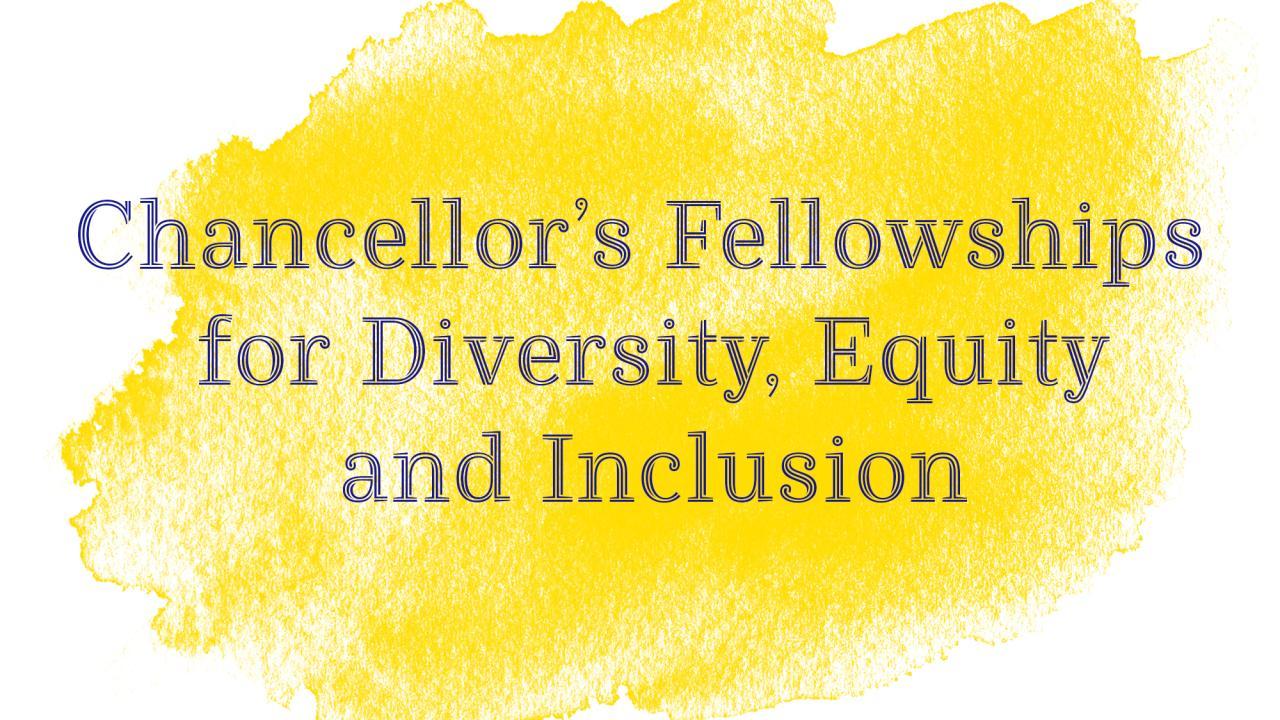
5 New Fellows for Diversity, Equity and Inclusion
The 2024 recipients of the Chancellor’s Fellowship for Diversity, Equity and Inclusion are being honored for their work going above and beyond to help students from underrepresented backgrounds succeed at UC Davis.
The five recipients, as named by Chancellor Gary S. May and the Academic Senate Committee on Diversity, Equity and Inclusion, are:
- Miquell Miller, School of Medicine
- Glaucia Helena Carvalho do Prado, College of Engineering
- Danielle S. Stolzenberg, College of Letters and Sciences
- Brie Tripp, College of Biological Sciences
- Alia Tuqan, School of Medicine
Tuqan is a member of the Academic Federation; the others are members of the Academic Senate.
“This fellowship recognizes exceptional contributions in supporting, tutoring, mentoring and advising underrepresented students and/or students from underserved communities,” May said in a letter to the recipients, honoring their “commitment to reducing opportunity gaps” for those students.
The winners will receive $5,000 in one-time Academic Enrichment Funding.
Here’s how the committee described the contributions of the winners:
Miquell Miller
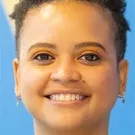
Assistant professor, Department of Surgery, School of Medicine
Mentoring underrepresented students in the medical profession has been a priority for Professor Miller. She established a summer pipeline program for high schoolers and chaired conference workshops to help students apply for medical school. Currently, she serves as faculty advisor for the Black resident organization to improve recruitment, retention and career advancement in surgical training. This year, she is co-chairing the Society for Black Academic Surgeons, an annual event that will be hosted at UC Davis.
Glaucia Helena Carvalho do Prado
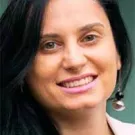
Assistant professor of teaching, Department of Chemical Engineering, College of Engineering
Inspired by stories from her own classes, Professor Prado has been dedicated to understanding the experiences of students in engineering fields. She developed a course and a first-year seminar designed to alleviate some of the barriers facing underrepresented groups, focusing on mental health, self-care practices, increasing belonging and building social capital. She also serves as chair of the DEI committee in the Department of Chemical Engineering.
Danielle S. Stolzenberg

Associate professor, Department of Psychology, College of Letters and Science
Professor Stolzenberg has contributed extensively to DEI efforts in the psychology community. On campus, she championed initiatives that foster belonging among underrepresented students; off campus, she founded an organization focused on women’s health inequity. She is now collaborating with graduate students to develop a series of training workshops to reveal the hidden curriculum for freshman and sophomore undergraduates. She currently serves as chair of the DEI committee in the Department of Psychology.
Brie Tripp
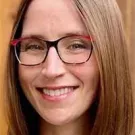
Assistant professor of teaching, Department of Neurobiology, Physiology and Behavior, College of Biological Sciences
Professor Tripp seeks to promote social and racial justice in undergraduate science classrooms, both through teaching and research. In her courses, she implemented assignments and interventions designed to increase students’ sense of belonging, relatedness to science, and critical consciousness. Her outstanding mentoring efforts include serving on Avenue B faculty panels and developing curricula focused on critical action and experiential learning, facilitating authentic partnerships between students and their local communities.
Alia Tuqan
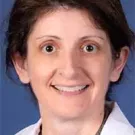
Associate health sciences clinical professor Department of Internal Medicine, School of Medicine
As the director of the Geriatric Medicine Fellowship Program, Professor Tuqan has trained and mentored students in inclusive research and practice, with the goal of providing more informed care to vulnerable populations. She is working to strengthen ties between health care systems and community-based organizations to help older adults from disadvantaged groups age in place. The curriculum she developed not only familiarizes fellows with relevant community resources, but also with marginalized patient voices.
